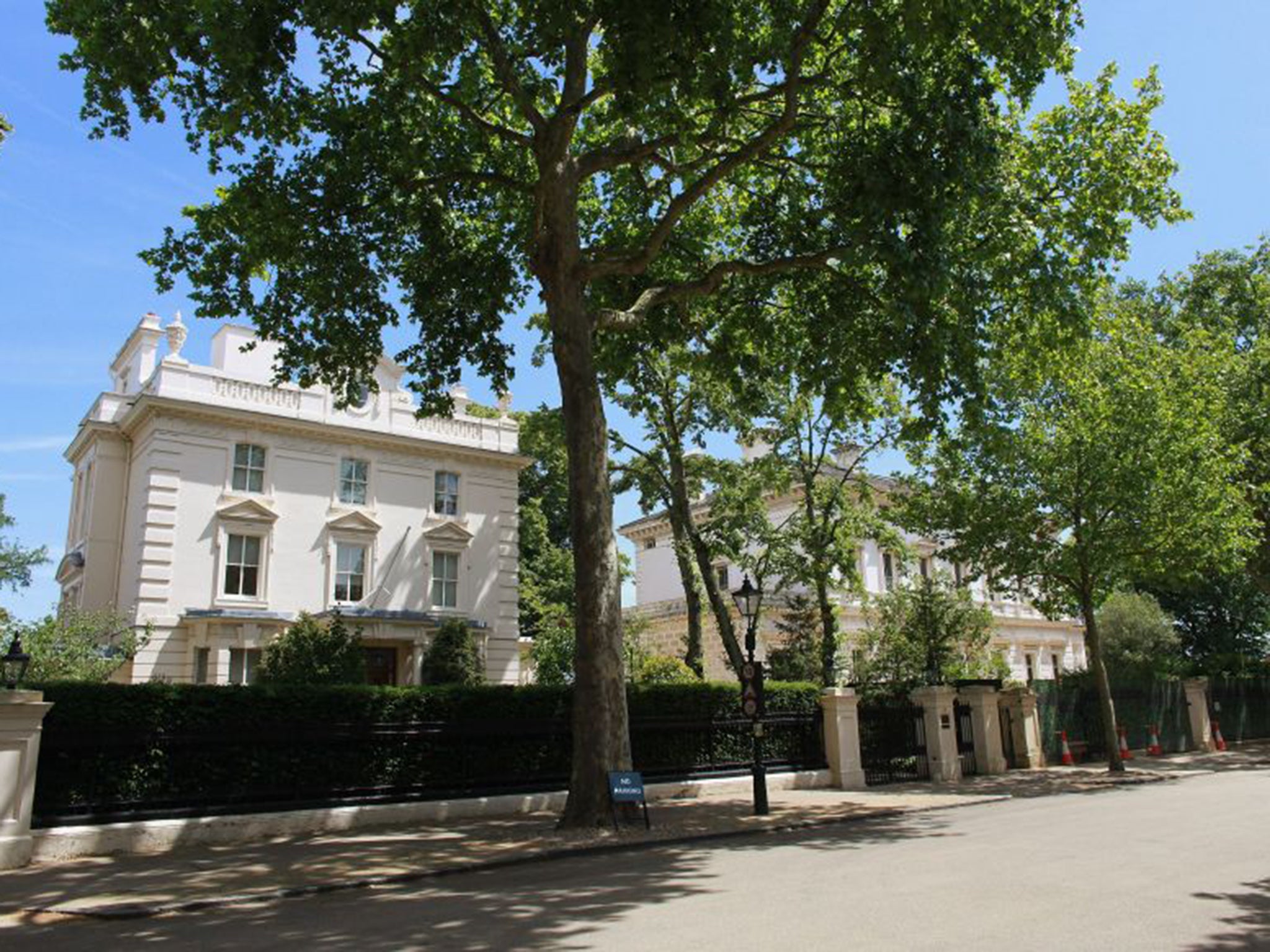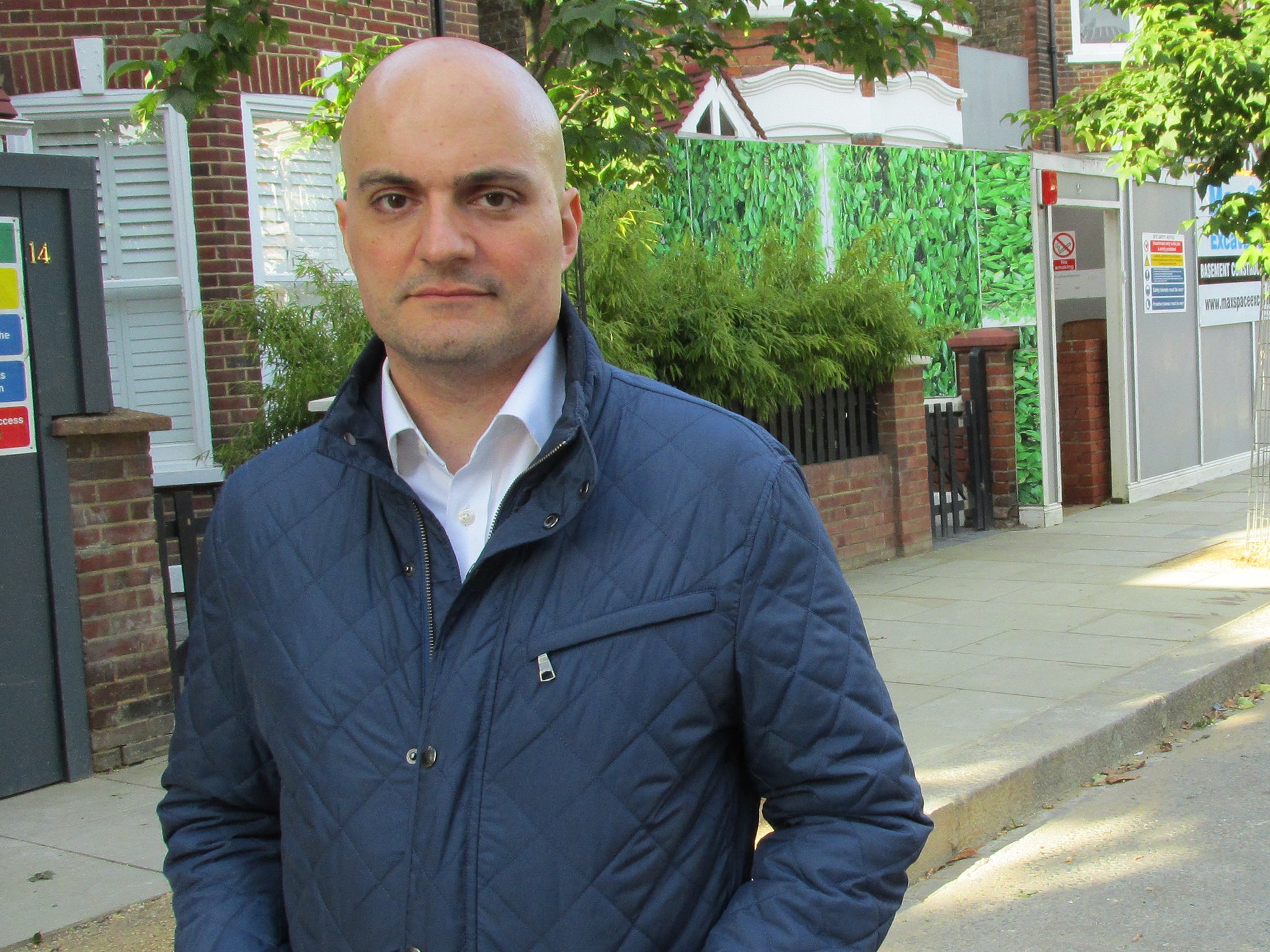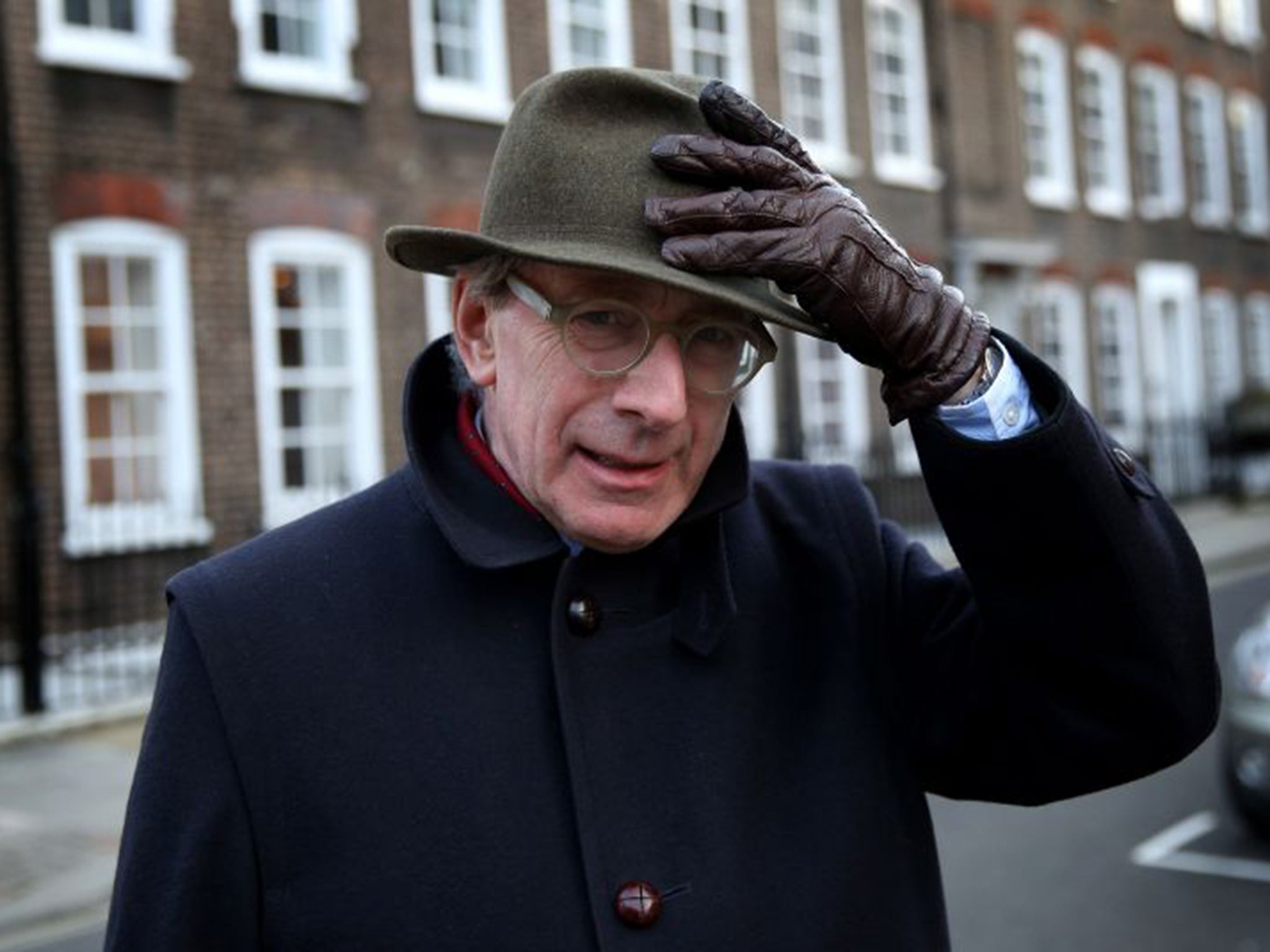General Election 2015: Could Kensington and Chelsea become the unlikeliest of gains for Labour?
Traditionally a Tory stronghold, Ed Miliband's party has the seat in its sights

Mention Kensington, and the name conjures up a certain image: enormous white stucco terraces, acres of royal parkland, sumptuous shops and restaurants with chauffeured Bentleys idling outside, and – in politics – an unassailable Conservative majority. There is a chance, though, that this could change in 2015.
Improbable though it might seem, Labour – which took just 25 per cent of the vote five years ago – has a spring in its step and the seat in its sights. The party’s internal polling suggests that the gap has been closing. And while victory for their candidate, the London university lecturer Dr Rod Abouharb, may be out of reach – his campaign believes that this year’s result could make Kensington into a marginal next time around. How did the unthinkable become at least half-thinkable?
To be fair, the image of Kensington as a haven of unmitigated prosperity was never entirely accurate, even when the constituency was Kensington and Chelsea. The affluence was always punctuated by blocks of social housing and pockets of deprivation.
Since the 2010 boundary changes, however, which attached Chelsea to Fulham, creating a truly insurmountable Tory majority there, Kensington has stood alone for parliamentary electoral purposes, and its centre of gravity has shifted. It now faces the poorer and more demographically mixed north as much as it does the wealth of the south.
The more mixed nature of this constituency is in part why the local Labour activists are so much more upbeat than you might expect. Inequality is an issue in this election, and it is glaringly evident in the contrast between very rich and very poor, to be seen within the space of a block. Nor is it just the votes of the poor that Labour is after.
Both Abouharb and the keen, young Liberal Democrat candidate, Robin McGhee, note the angst among the rich, too, who fear that their children and grandchildren will never be able to afford to live in the borough. Abouharb has just published a research paper finding that someone would need an annual income of £250,000 to buy a house in the borough. Housing is the No 1 issue on the doorstep.

Are you undecided about who to vote for on 7 May? Are you confused about what the parties stand for and what they are offering? Take this interactive quiz to help you decide who to vote for...
Another reason for Labour’s optimism is the distribution of the 2010 vote and what has happened since. Before 2010, the Conservative vote in Kensington and Chelsea easily outstripped the vote of all other parties put together. But at the last election, the Conservatives received only 50.1 per cent of the vote on a 53 per cent turnout (relatively low for a general election), and the Conservative majority dipped below 9,000.
Looked at in this light, Kensington does not seem quite such a lost cause for Labour. The likely fall in the Liberal Democrat vote is another calculation. They are fielding a personable candidate who is just a couple of years out of Oxford, but it is not his youth that is the handicap – on the doorstep, he says, it can be an asset because of the depth of voter disillusionment with out-of-touch MPs – but the penalties of coalition. Their focus in Kensington, not unreasonably, is on making wards, such as Earl’s Court where they have councillors, feel loved.
Plus, if you can convince potential Labour supporters that it is worth turning out to vote – not the easiest task in parts of town where a proportion of the poorer population seems always on the move – you may have something like a contest on your hands. Abouharb, as the son of Syrian parents, brought up in the UK by his mother, has a persuasive story, and has been going door to door since before Easter, in the often thankless task of finding potential voters to hear it.

But even this is not all. Into the mix at a very late stage came another – quite unforeseen – factor: the sitting MP, Sir Malcolm Rifkind, was forced to resign after being caught in a newspaper sting, suggesting that he could use his influence as an MP and former minister for money.
In fact, Kensington has something of a chequered history with its MPs. It may be a safe seat, a constituency where the Conservative nomination alone practically secures a job for life, but the turnover of its elected representatives is strikingly at odds with the air of stability that pervades its southern wards.
When Kensington and Chelsea became a constituency in 1997, the Chelsea MP, Sir Nicholas Scott, was selected, only to stand down before the poll, after being found drunk in a gutter in Bournemouth. The former MP, diarist and unashamed womaniser Alan Clark stepped into the breach, but died suddenly two years later. He was succeeded by Michael Portillo, who then left politics after failing to be elected Conservative leader. Sir Malcolm – like Portillo a victim of the 1997 Labour landslide – was elected to succeed him in 2005.
The beneficiary of Sir Malcolm’s precipitate departure from politics is Lady Victoria Borwick, a deputy mayor of London. Well-liked and well thought-of in Conservative circles, Lady Victoria won the hotly fought selection contest. But the circumstances of Sir Malcolm’s departure could damage her cause, as could her association, as a local councillor, with what is widely seen as the council’s complacency. It is probably true to say, too, that while she comes across as warm and concerned in person, the fine points of policy are not her strength, and there are only so many voters you can meet and greet.

Still, Lady Victoria has been doing her best. She took part in a hustings organised by Age UK on Friday, with several dozen generally approving pensioners, and she was pressing the flesh outside the Kensington High Street Waitrose on Saturday morning. How hard must it be, you have to ask, to lose a majority of 9,000?
And yet, and yet. The constituency of Kensington today does not quite match its reputation as a playground of the rich and the plush backdrop for the dinner parties of David Cameron’s Notting Hill set. It would be more accurate to say that its extremes of rich and poor illustrate why inequality has become such a theme of this election.
Join our commenting forum
Join thought-provoking conversations, follow other Independent readers and see their replies
Comments